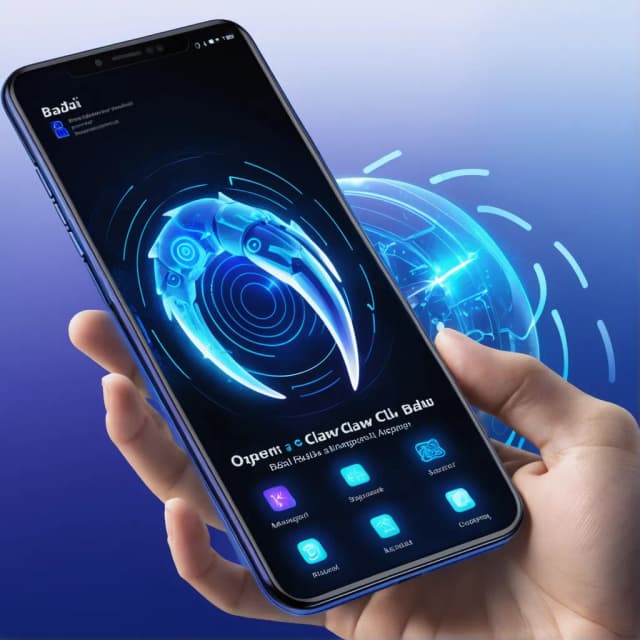South Korea's Travel ATMs Let Tourists Convert USDT to Cash
How does South Korea’s new ATM let tourists convert crypto into cash?
What makes this stablecoin ATM unique for foreigners in South Korea?
Why is South Korea focusing on stablecoin ATMs for tourists now?

- Foreign tourists in South Korea exchanging USDT for cash via ATMs.
- Travel ATM machines featuring Know Your Customer (KYC) checks and excluding local residents.
On July 31, 2025, Decrypt and AInvest reported that South Korea launched Travel ATMs, enabling foreign visitors to exchange USDT and USDC for cash—a milestone in its evolving approach to stablecoins and tourism-focused crypto innovation. These ATMs also allow users to load funds onto T-money cards, offering convenience for short-term visitors. T-money and K-Digital Bank (KDB) Bank spearheaded the project, with Partners Inc. providing the core technology. It is part of the country’s broader regulatory sandbox initiative, which aims to foster digital asset utilization while ensuring oversight.
The ATMs are strategically located at five high-traffic tourist and commercial destinations, including the Myeongdong Customer Center, Seoul Station T-money Town, and three CU convenience store branches. To comply with KYC regulations, the machines utilize passport scanning to verify user identity. They offer the service exclusively to foreign passport holders. This restriction bars South Korean residents from accessing the machines. This helps maintain the regulatory experiment’s targeted scope.
Lee Jong-seok, CEO of Partners Inc., emphasized the ATMs’ importance in bridging cryptocurrencies with real-world financial applications. He hinted at potential future features, such as debit cards, vouchers, and sector-specific payment tools for healthcare and other industries.
Despite the restriction on local users, reports surfaced that South Korean residents attempted to access the ATMs, highlighting unaddressed domestic demand for crypto-linked financial services. This development fueled broader discussions about the applicability of offline Web3 technologies and the evolving enforcement of KYC measures within the country.
This development aligns with South Korea’s parallel legislative efforts to regulate stablecoins. According to Binance and Decrypt, South Korea’s ruling and opposition parties proposed competing bills on July 28, 2025, and July 29, 2025, to establish clear standards around stablecoin issuance. These efforts address critical issues like reserve requirements and the permissibility of interest payments.
The Democratic Party’s proposal mandates that stablecoin issuers maintain full reserves for Korean won-pegged tokens, hold at least $2.1 million in minimum capital, and ban interest payments. Meanwhile, the People Power Party’s bill omits the interest payment ban, favoring innovations in crypto payments to spur market competition and growth.
Reinforcing these legislative steps, the Bank of Korea (BOK) assembled a virtual asset oversight team to monitor stablecoin activities. This aligns with President Yoon Suk Yeol's crypto-friendly agenda. His agenda advocates for allowing the domestic issuance of crypto assets such as ICOs and IEOs and establishing a Digital Asset Promotion Agency.
By integrating Travel ATMs, South Korea is solidifying its position as a pioneer in cryptocurrency adoption. The country is catering specifically to foreign tourists while navigating a challenging regulatory landscape.
Get real-time crypto breaking news on Unblock Media Telegram! (Click)










